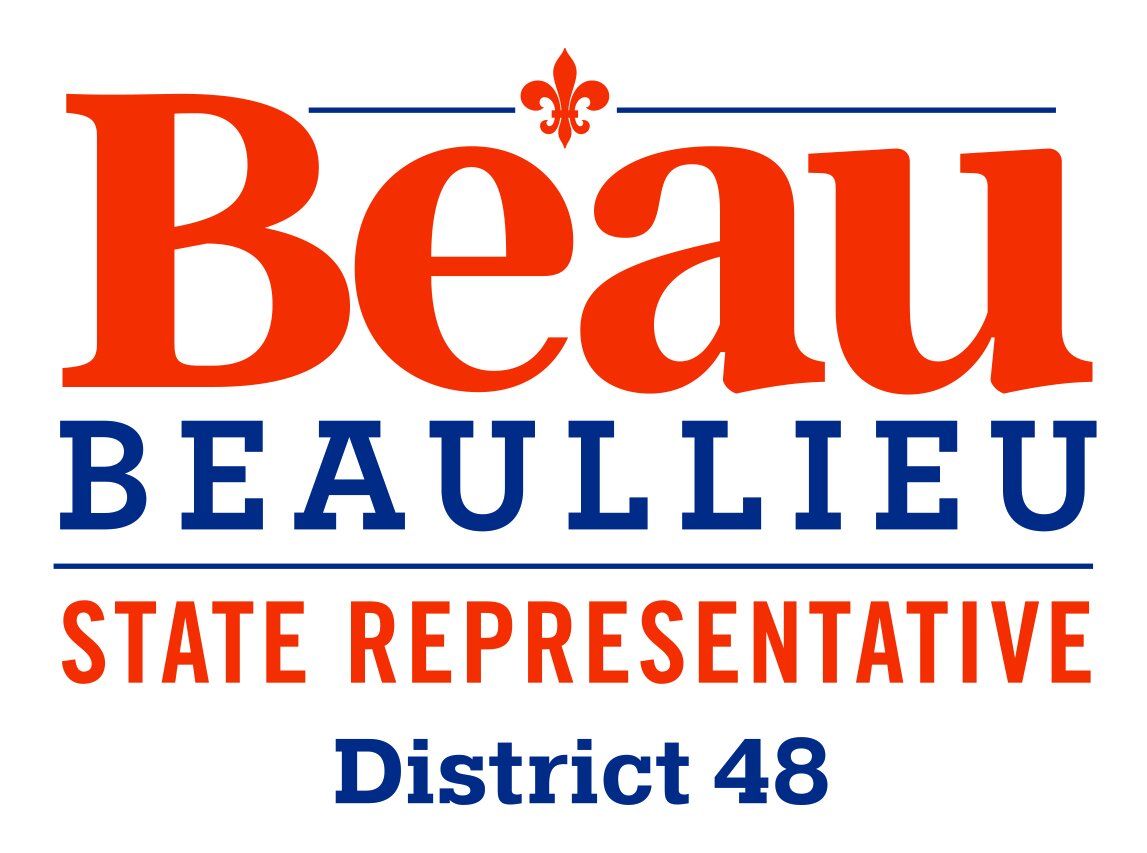President Trump’s pledge to make America the crypto capital of the world underscores the growing urgency for Congress to act. In fact, Congress now has a pivotal opportunity to strengthen America’s leadership in digital assets by advancing clear, responsible rules that promote both innovation and trust.
In recent Senate floor remarks on the crypto market structure bill, Senator John Kennedy (R-LA) underscored the importance of modernizing markets the right way: “[This bill] is one of the most important pieces of legislation that this body will consider … I hope we’ll move it quickly, but I hope we’ll move deliberately.” His words should guide Congress as it seeks to provide clear rules for digital assets and the trust and confidence necessary for hardworking Louisianians to confidently participate in the next era of the stock market.
Louisiana stands to benefit from a thoughtful federal framework for digital assets. Our state has long punched above its weight in energy, petrochemicals, shipping and logistics. Similarly, we should aim to lead in financial innovation. State lawmakers voted this past year to assess how cryptocurrency, AI and blockchain can be used in public and commercial sectors. But effective leadership comes only with responsibility. Transparent markets and robust anti-fraud enforcement protect investors from falling prey to fraud, scams and other kinds of financial crimes. It’s not enough to clear the way for technological innovation; we must safeguard the people who place their trust, savings and financial futures in these markets.
Innovation and clarity must move hand in hand with accepted investor safeguards that have proven essential for traditional markets. When digital-asset platforms execute poorly, fail to safeguard customer assets or operate in the shadows, ordinary investors and lifelong savings are exposed. Moreover, if we leave investors behind, today’s innovation will morph into a financial fad.
For Louisiana, the stakes are clear. We have an opportunity to attract fintech investment, encourage digital asset infrastructure and support job growth in our state. However, we’ll only reap these benefits if lawmakers deliver an investor-first framework that fosters innovation, opportunity and market trust for all Louisianians.
In Washington’s rush to “win the crypto race,” let’s not lose sight of the people who are participating in that race: retirees, small business owners, teachers and workers here in Louisiana who deserve both opportunity and protection.
As Congress debates, I join Sen. Kennedy in urging: Let’s move quickly and let’s move deliberately.
DK Willard
Sterlington, LA













